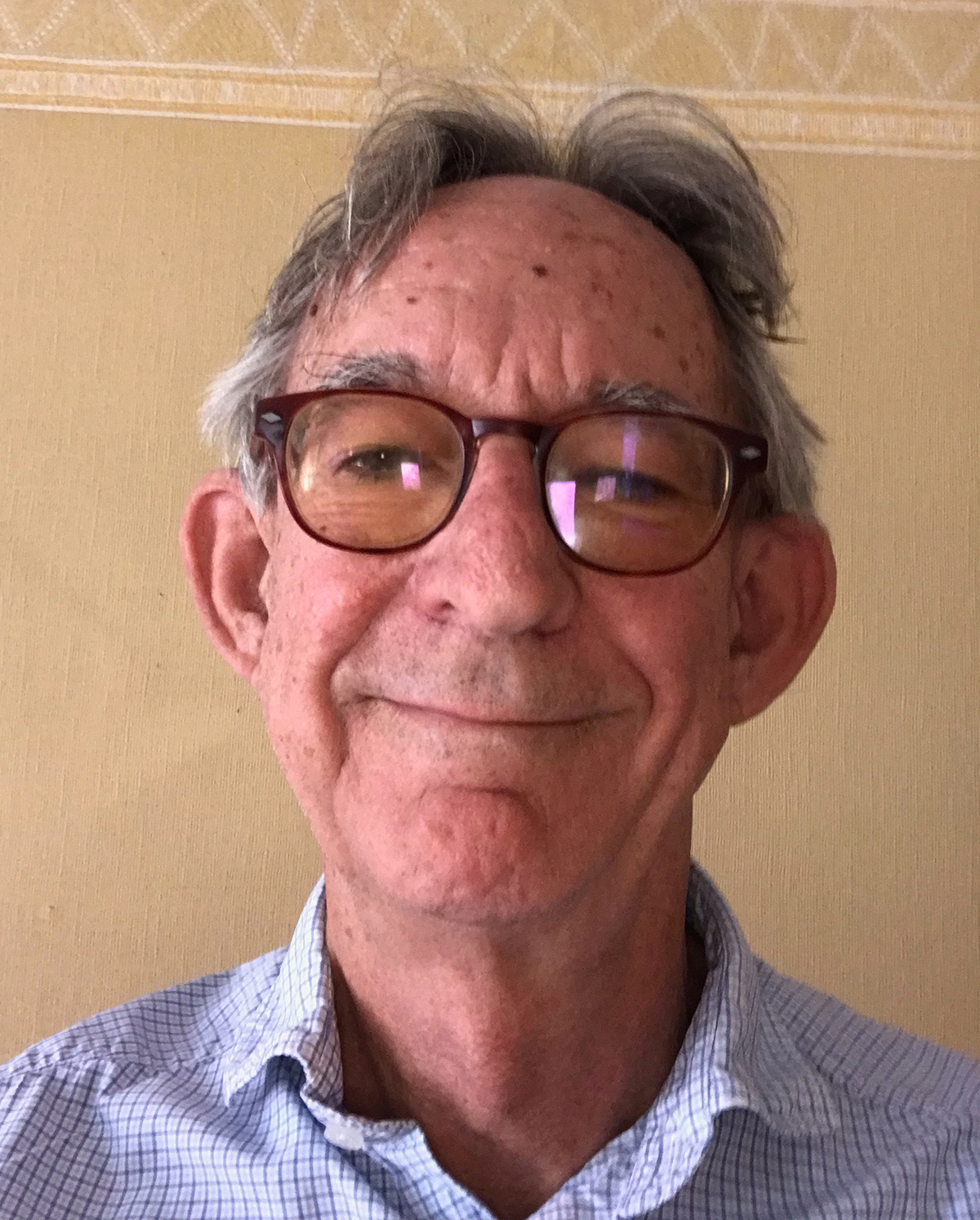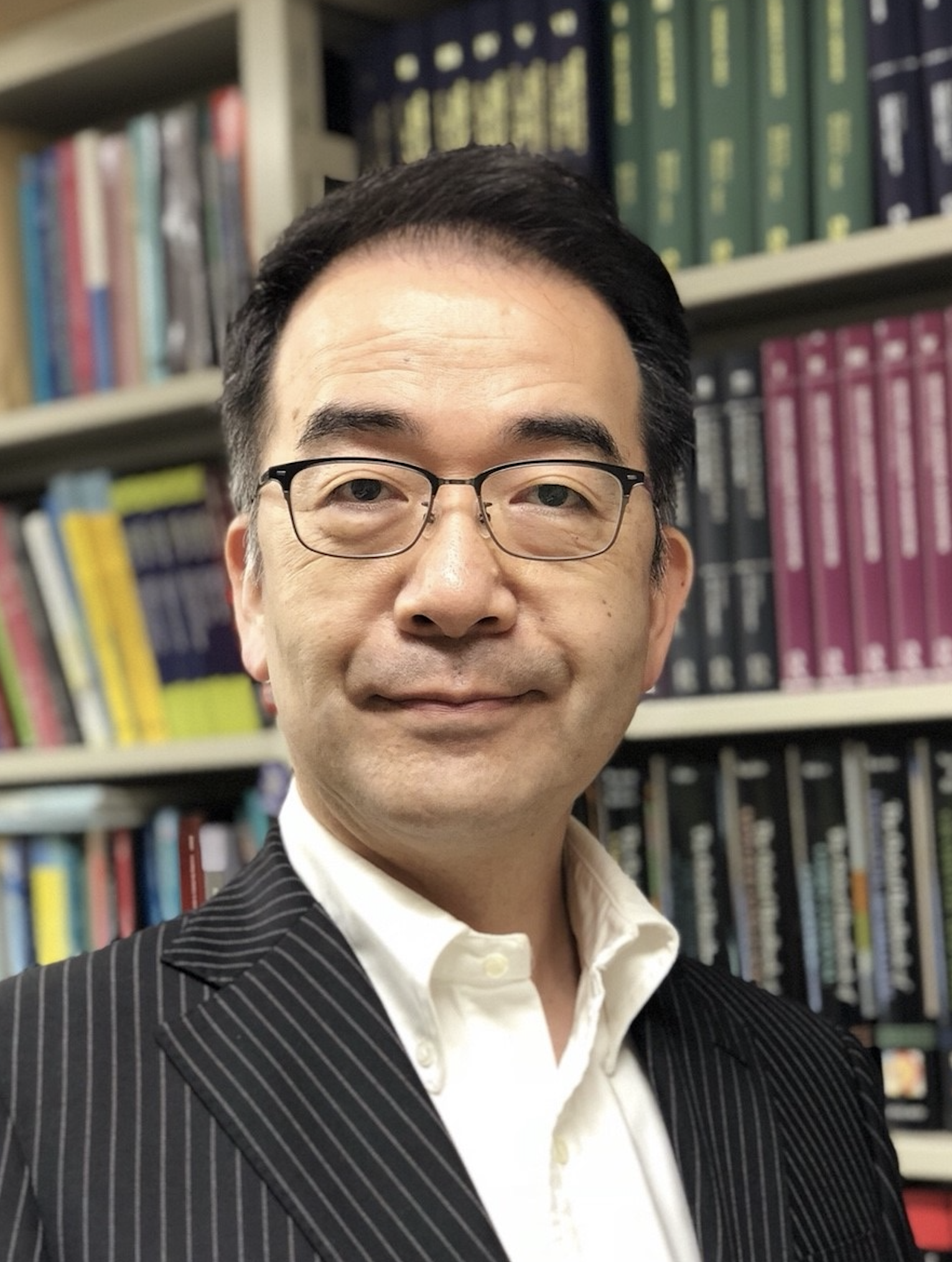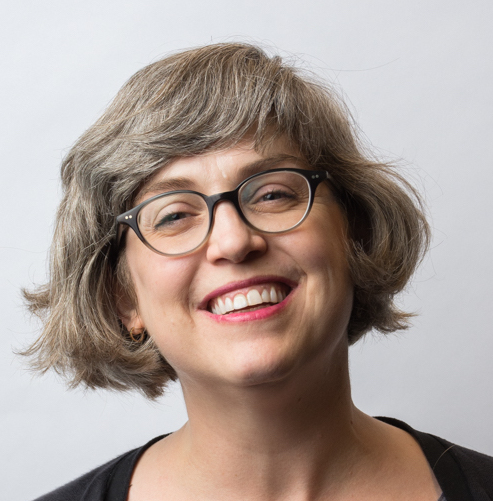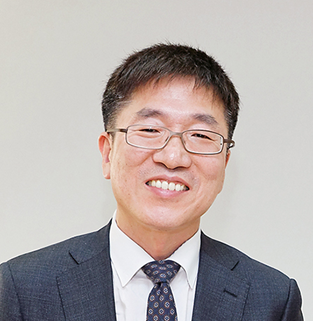Keynote Speakers
| Michael Rundell |
 |
| “Automating the creation of dictionaries: are we nearly there?” |
| Chief Lexicographic Officer, Lexical Computing Ltd |
| Michael Rundell is a linguist and lexicographer. He has been working with dictionaries and corpora since the early 1980s — first as a dictionary compiler and editor, then as project manager and chief editor, and now as a consultant and trainer. He was Managing Editor at Longman Dictionaries (1983-1997), and Editor-in-Chief of the Macmillan Dictionary from its beginnings in 1997. Working with colleagues like Adam Kilgarriff and Sue Atkins, he has been at the forefront of applying computational techniques to the analysis of corpus data and the compilation of dictionary text. In 2013, he was awarded an honorary doctorate (D.Litt.) by Coventry University “for his contribution to the description of the English language and to the field of pedagogical lexicography”. He was one of the team which created the first dictionary-related MOOC, a course hosted by FutureLearn entitled “Understanding English Dictionaries”. He is currently Chief Lexicographic Officer for Lexical Computing Ltd, the company which owns Sketch Engine, and he is one of the trainers who lead the annual Lexicom Workshops in lexicography and lexical computing. In 2022, he became an Honorary Member of EURALEX. |
| Yukio Tono |
 |
| “Research into dictionary use in an era of e-lexicography” |
| Director, the World Language Center, Tokyo University of Foreign Studies |
| Yukio Tono is a professor at Tokyo University of Foreign Studies (TUFS), JAPAN. His research interests include L2 lexicography, dictionary use, corpus-based second language learning and acquisition, and applications of corpora for teaching English. He is one of the founding members of the ASIALEX and the past President (2011-2013). He edited several dictionaries, including A Frequency Dictionary of Japanese (2013, Routledge), the Shogakukan Cambridge Learner's Dictionary (2004, Shogakukan-Cambridge), the ACE CROWN English-Japanese Dictionary (2019, 3rd edition, Sanseido), and the Shogakukan Progressive English-Japanese Dictionary (2012, Shogakukan). Currently, he is working on the government-funded project of creating a comprehensive learning system based on the Common European Framework for 28 foreign languages taught as a major at TUFS. For this, his team constructed pedagogical resources such as the “Can Do” descriptors for each CEFR level, wordlists and grammar lists, and performance test batteries. Now the research team is trying to put this system into practice by making a language-independent, generic language syllabus. Professor Tono is exploring how online resources such as dictionaries and corpora can be integrated into this system as essential aids to foreign language learning, teaching and assessment. |
| Erin Mckean |
 |
| “Investigating the ROI of AI for lexicography” |
| Founder, Wordnik.com |
| Erin McKean is the founder of the not-for-profit Wordnik.com, the world’s biggest online dictionary. Before founding Wordnik, she was the editor-in-chief of American Dictionaries for Oxford University Press. Her goal is to make every word in the English language “lookupable” – including the 52% of unique English words that aren’t currently in any dictionary. Erin is the author of three Weird and Wonderful Words books, the best-selling novel The Secret Lives of Dresses, and (most recently) The Hundred Dresses, a field guide to dresses. She’s written regular columns for The Boston Globe and the Wall Street Journal and her writing has also appeared in The New York Times, PAPER, Foreign Affairs, and Sew News. She’s served as an advisor to the American National Corpus, the journal American Speech, the Wikimedia Foundation, and serves on the KPCB Design Council, and is an honorary fellow of the Society for Technical Communication. She blogs at dressaday.com and tweets as @emckean. When you meet her, please tell her your favorite word. |
| Jonghwan Kim |
 |
| “Development of user participation at the Naver Dictionary: a case study of Open Dictionary PRO and Accentia” |
| Leader, Global Dictionary Production Center, Naver Corporation |
| Jonghwan Kim majored in Korean history at Seoul National University in 1987 and started working in the IT industry in 1997. He went through Thrunet, Korea.Com, Empas, and Yahoo Korea, and joined Naver Corporation in 2008 to perform various search functions for the encyclopedia. He has been in charge of Naver language dictionary service since 2009. Currently he operates the Global Dictionary Production Center in Beijing and focuses on activating open dictionary PRO, Accentia, and Global English dictionary services. |
